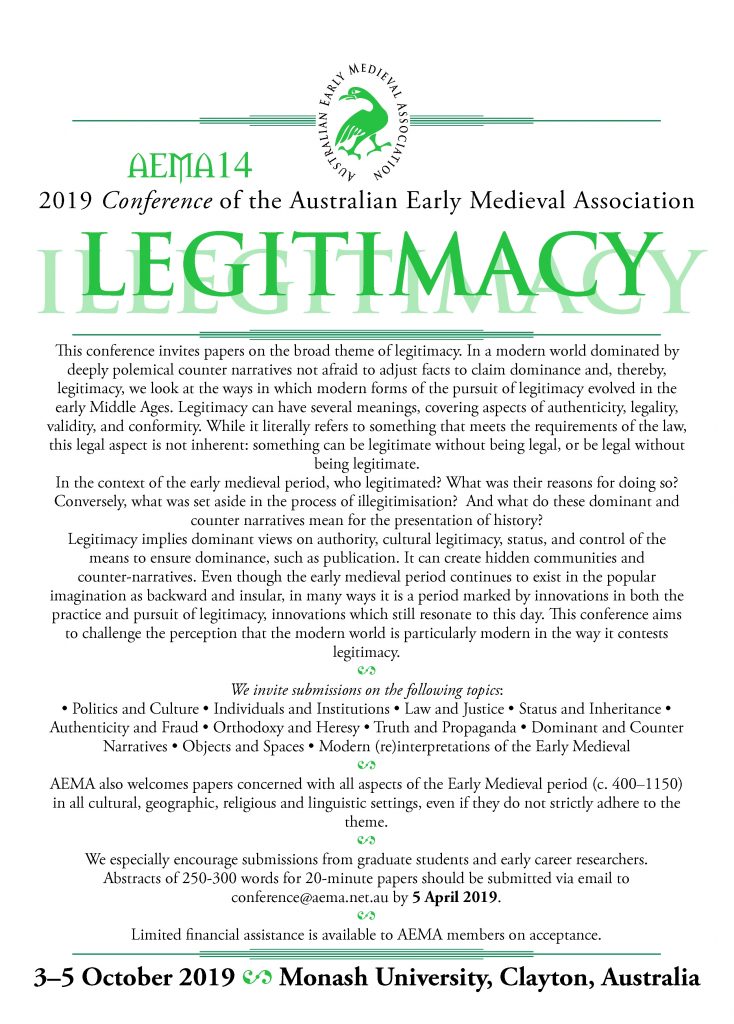We warmly invite participants to a two-day conference on 24-25 July 2019 at Lancaster University that focuses on the value of material methodologies in the Medical Humanities. The event aims to connect postgraduate and ECR researchers working in a wide range of disciplines, including, but not limited to, History, Sociology, English Literature and Language, Archaeology, Art, and Medicine.
‘Material culture’ encompasses medical items and objects not ordinarily associated with medical knowledge, including objects of non-medical care and everyday objects which undergo transformations in clinical or care-giving settings.
Suggested topics for papers include, but are not limited to:
- Agency
- Consumer and self-help cultures
- The doctor/patient relationship
- Domestic medicine
- Medical institutions
- Medical technologies and equipment
- Medicine formulation and manufacture
- Medical packaging
- Architecture
- Art therapies
Keynote address given by: Dr Jennifer Wallis, Imperial College London.
This conference will include a training session on working with heritage groups and partners delivered by Christine Chadwick, a heritage consultant with extensive experience in working with medical heritage groups.
To apply, send an abstract of 250 words for a 20-minute paper and a short biographical statement to pgmedhumsnorthwest@gmail.comby 15 May 2019.
A limited number of postgraduate travel bursaries are available; please state if you wish to be considered when you submit your abstract.
For more information, see https://medicalhumanitieshub.wordpress.com/

